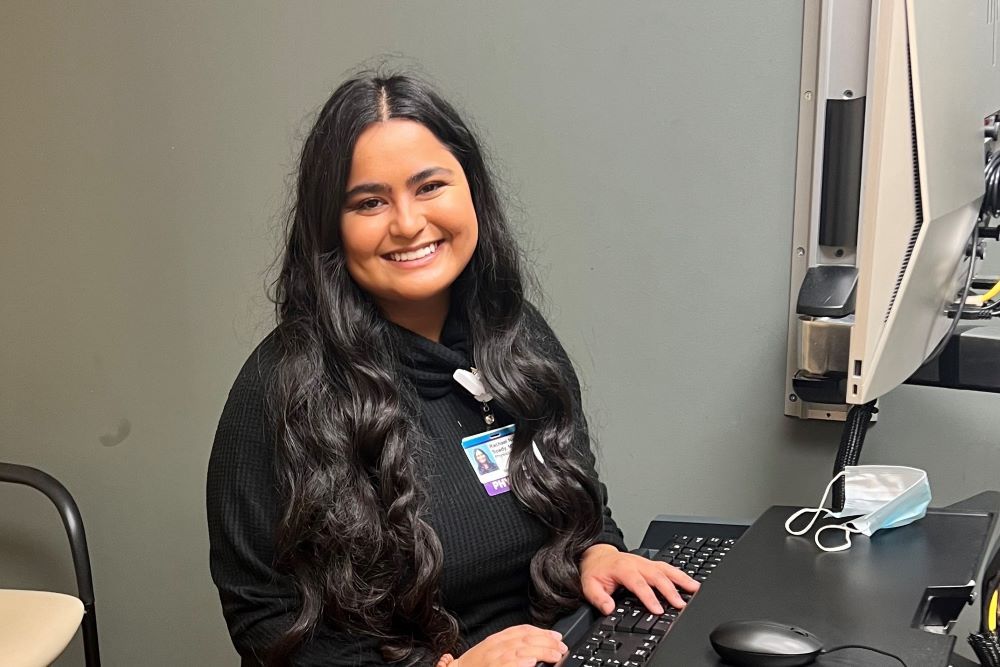Gynecology
Want to learn more about this at Kettering Health?
Pap smears detect cervical cancer early enough to treat it, making them an essential part of women’s health. Knowing they’re important, though, doesn’t make them less intimidating, especially if it’s your first exam.
You can feel relaxed and in control during your exam by knowing how to prepare for it.
Finding an OB-GYN you trust
Finding a provider you trust can help you feel more in control and comfortable during your first Pap smear. Dr. Nicole Spady, an OB-GYN with Kettering Health, says patients can ask for a male or female doctor depending on preference, and they can also ask for a different provider if they feel the need to.
“At any time, you can always make a request to change providers or if you have a preference just let the schedulers know,” Dr. Spady says.
Along with requesting a certain provider, it is OK to ask to meet your OB-GYN before scheduling a Pap smear or other physical exam.
“A lot of times we’ll just assume that people don’t want multiple appointments, and they’d want their Pap smear that day,” Dr. Spady explains. “But if you’d rather come back then that’s definitely fine and you can just let us know.”
During your first appointment, your OB-GYN will go over your medical history and answer any questions you have. Dr. Spady says that whether you schedule a second appointment or not, it’s good to share with your OB-GYN that you feel nervous about getting a Pap smear for the first time.
“That way we’ll be a little bit slower,” she says. “We’ll be able to explain things.”
Preparing for your first exam
Taking pain medication, such as Tylenol or Advil, a few hours before your exam can help alleviate some discomfort. Dr. Spady also shares that scheduling your Pap smear during a certain time in your menstrual cycle can help as well.
“Some women find that if you’re near the ovulation part of your cycle, or two weeks out from when your period started, that would be the most comfortable time to do the exam,” she says.
Dr. Spady recommends bringing a friend or family member you feel comfortable with to your first exam. Having a familiar person with you can help calm any nerves.
“A lot of patients, especially young patients, like to have a friend or mom there with them,” Dr. Spady shares.
After the exam, Dr. Spady explains that it is normal to have some spotting and cramping, which the medication can also help with.










